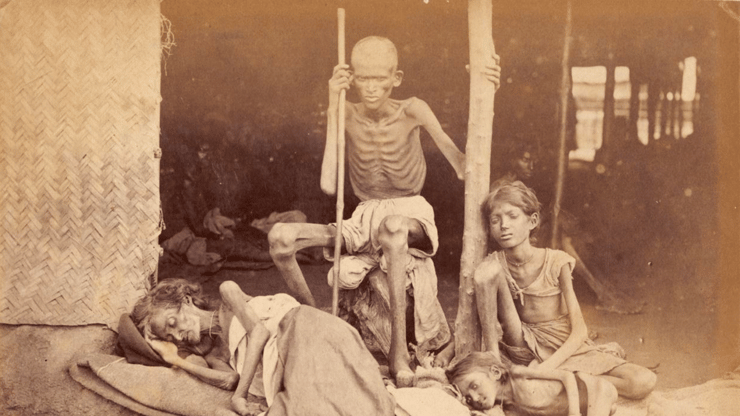The Price Of Empire : The Moral Obligation of Reparations

In a seismic shift towards sovereignty, Barbados declared itself a republic and bid adieu to the monarchy on November 30th, 2021. The Prime Minister, Mia Mottley, ever since has been at the forefront of the push for reparations from European countries. She has vociferously called for a total of $4.9 trillion for historical injustices wrought upon the Barbadian people, especially through the transatlantic slave trade.
While British Prime Minister Rishi Sunak dismissed suggestions of paying reparations for its complicity in slavery, arguing against "unpicking history", Indian Member of Parliament, Shashi Tharoor posited reparations as a moral obligation upon the Western powers towards their erstwhile colonies. This obligation does not serve as a panacea for the atrocities inflicted by colonialism, as the scars of such suffering can never be wholly assuaged through mere monetary compensation, nor can the value of lives lost ever be adequately quantified.
In the analyses of economic historian Utsa Patnaik, the British colonial regime pillaged nearly $45 trillion from India between 1765 and 1938, which is about 15 times the annual GDP of the UK today. The Koh-i-Noor, a 109-carat diamond, stands as a symbol of the egregious plundering during their two-century-long reign, which itself could be valued at $400 million.
The book ‘Anarchy’, written by British historian William Dalrymple, examines the corporate coup executed by The East India Company using its ‘privatised’ military force. India's subjugation commenced not with the British government but with a for-profit enterprise that spread its wings across Asia. This expansionism fostered the British Empire into a global hegemon ‘on which the sun never sets’.
As of 2024, there are 15 Commonwealth realms with Charles III presiding as their monarch, which includes New Zealand, while Antigua and Barbuda, poised to follow in the footsteps of Barbados. As nations such as Barbados chart their course towards sovereignty and rectitude, King Charles's acknowledgment of slavery's enduring impact underscores the importance of open dialogue and reparative justice in our shared history.
Again, reparation is not an act of charity, rather an act of expiation, for the heinous crimes committed, based on both moral and legal principles, that are established in International Criminal Law stipulated in Article 75 of the Rome Statute.
Modern-day trade, tax and debt policies have resulted in the continued impoverishment and dependency of many former colonies. We must recognise that upon attaining independence, nations received no developmental aid, educational provisions, or healthcare support. We must acknowledge that the Industrial Revolution was built on the backs of these nations.
It behoves us, to dismantle racism in all its shapes and forms. And, this extends beyond legal statutes, where people obstruct democracy, deprive individuals of their rights, or have prejudicial attitudes solely based on skin colour or ethnicity. We must deconstruct this mentality.
It is only by taking responsibility for our actions and committing to restitution that the seeds of a more equitable and compassionate world are sown.

The author is a Mumbai-based producer and actor





